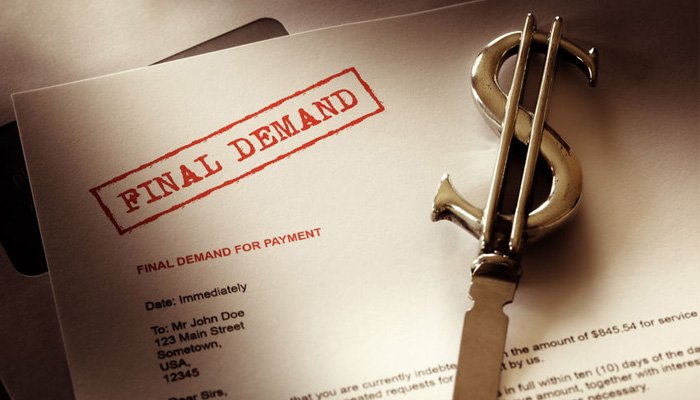‘Operation Collection Protection’ is what they’re calling the newest anti-debt collection initiative from the government. The FTC recently announced the new operation, geared toward protecting consumers from unlawful collection tactics and limiting the reach of merchants in that industry. The move is the latest in a series of harsh blows to the industry currently embattled by the federal government, raising questions on how merchants still operating in that field can move their business forward.
The operation joins the FTC with the Consumer Financial Protection Bureau (CFPB) in fighting aggressive debt services. The latter of the two institutions has been particularly active against debt collectors and payday lenders in recent years, going so far as to bring new legislation limiting their ability to abuse consumers’ financial freedom. The FTC is also joining the Department of Justice in this fight, giving the debt collection industry some powerful opponents.
Frankly, the new initiative is more of the same. The trend of raising consumer awareness and protecting them from aggressive services like payday loans and debt collectors has been more than apparent over the past few years. It is only a matter of time before businesses that belong to that industry must consider their options and change their business model to move forward.
What Is Unlawful about Debt Collection?
The concept of debt collection isn’t itself unlawful, but the practices used by debt collection merchants are considered excessive and exploitative. For example, some merchants may obtain records of old or expired debts held by consumers, and will contact them to pay off the remaining balances. However, those consumers may not be required to make payments on the debt. If they do, they end up paying for something they don’t need to pay, often with high interest rates. Collection merchants profit because they buy these old accounts for pennies on the dollar, and convince the customer to start making payments.
Because of action by the CFPB and other organizations, it’s illegal to do this. Laws were set in place to protect consumers from processes like these, and as a result, debt collection merchants find it harder to make profits, let alone do business altogether.
Moving Forward with Debt Collection
For debt collection merchants, the time has come to move forward. New business models must be conceived in order to stay afloat, especially within the boundaries of the law. The legal action taken against the industry is one thing, but the stigma is another—consumers have become smarter and more aware of fraud. Collectors who contact customers now might be received with apprehension instead of urgency as many people are prone to follow up on debts owed rather than just agreeing to pay. So, given the current state of the industry, debt collection merchants might have little choice but to find another way to do business.


